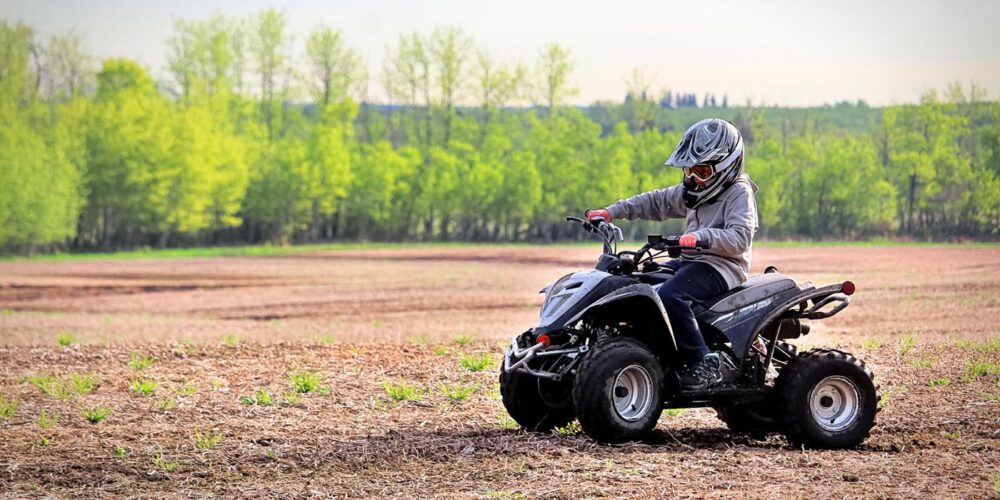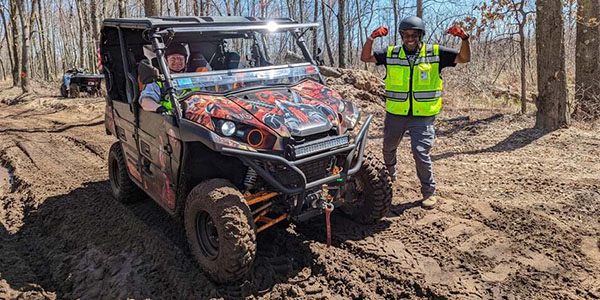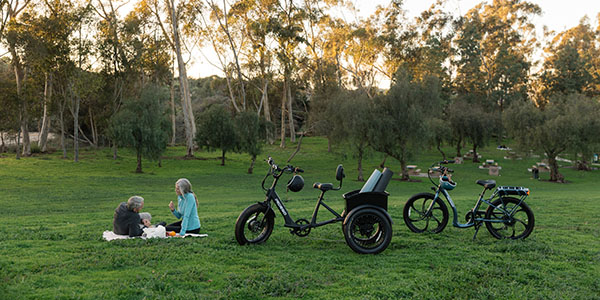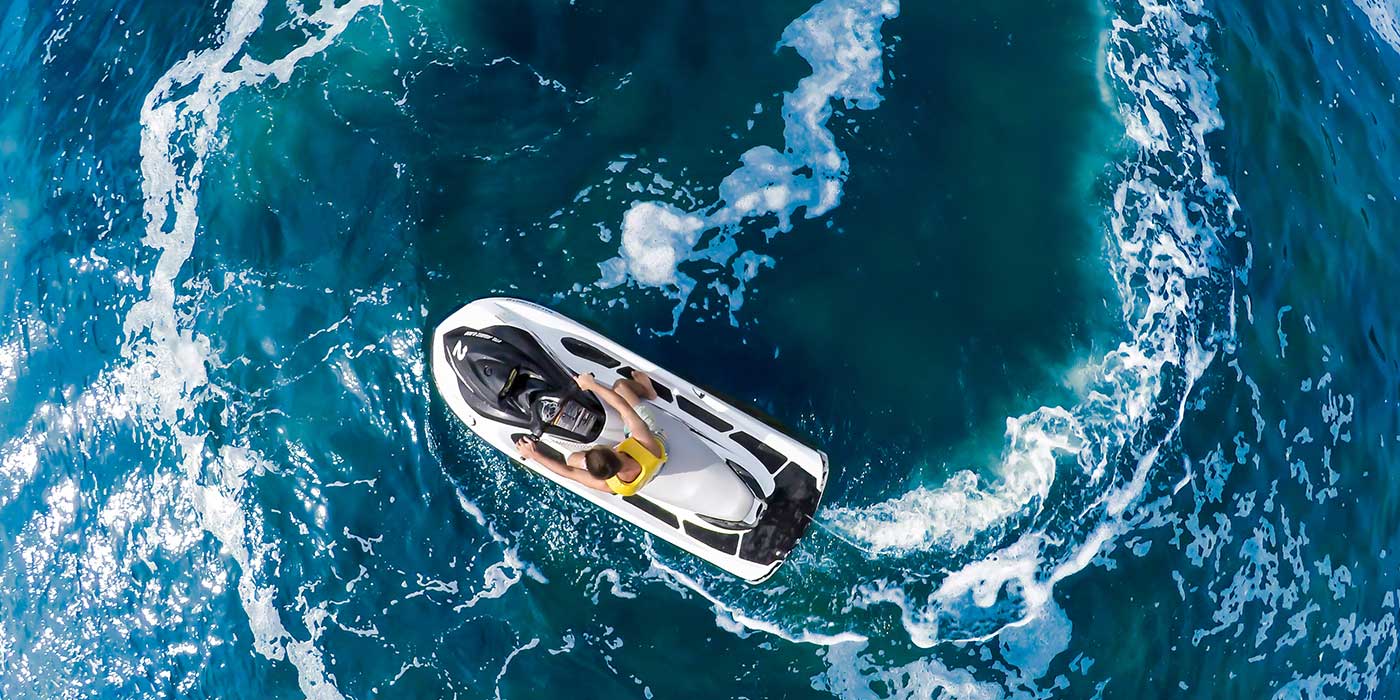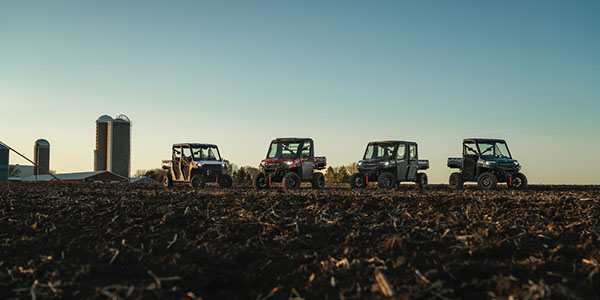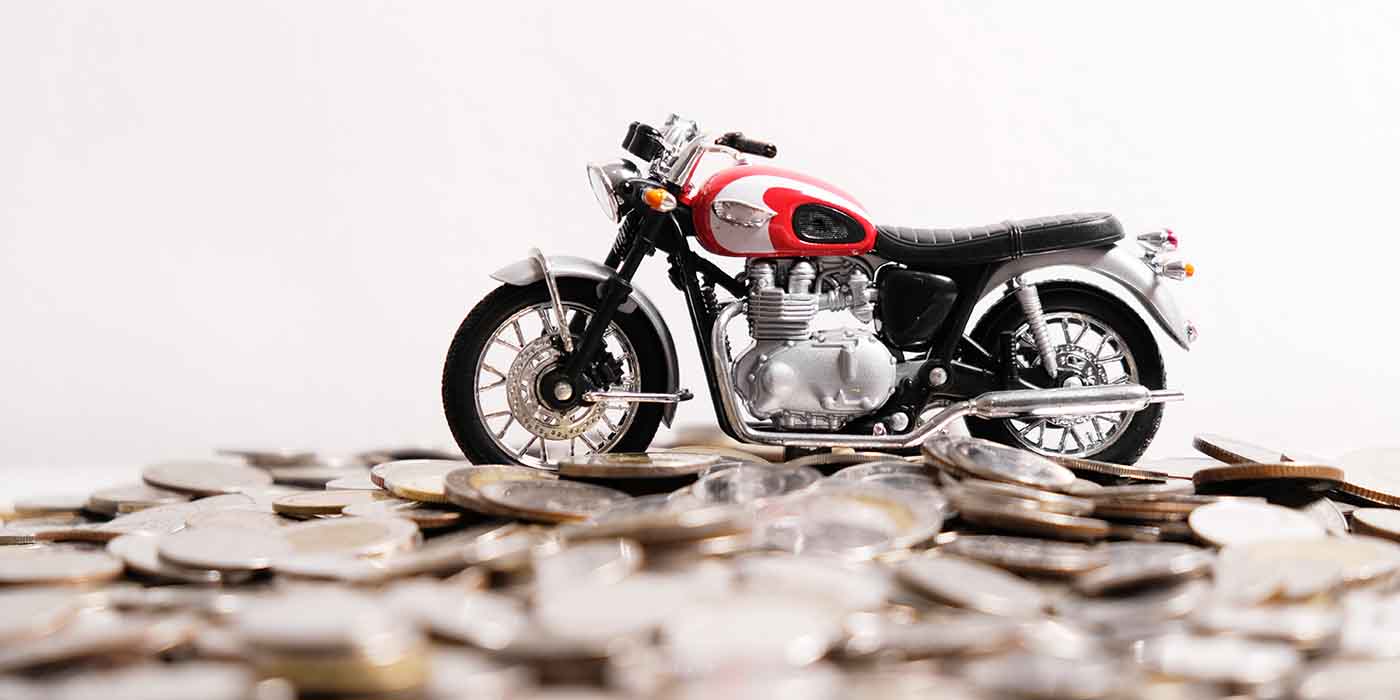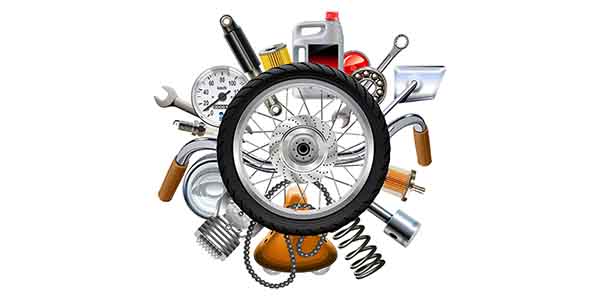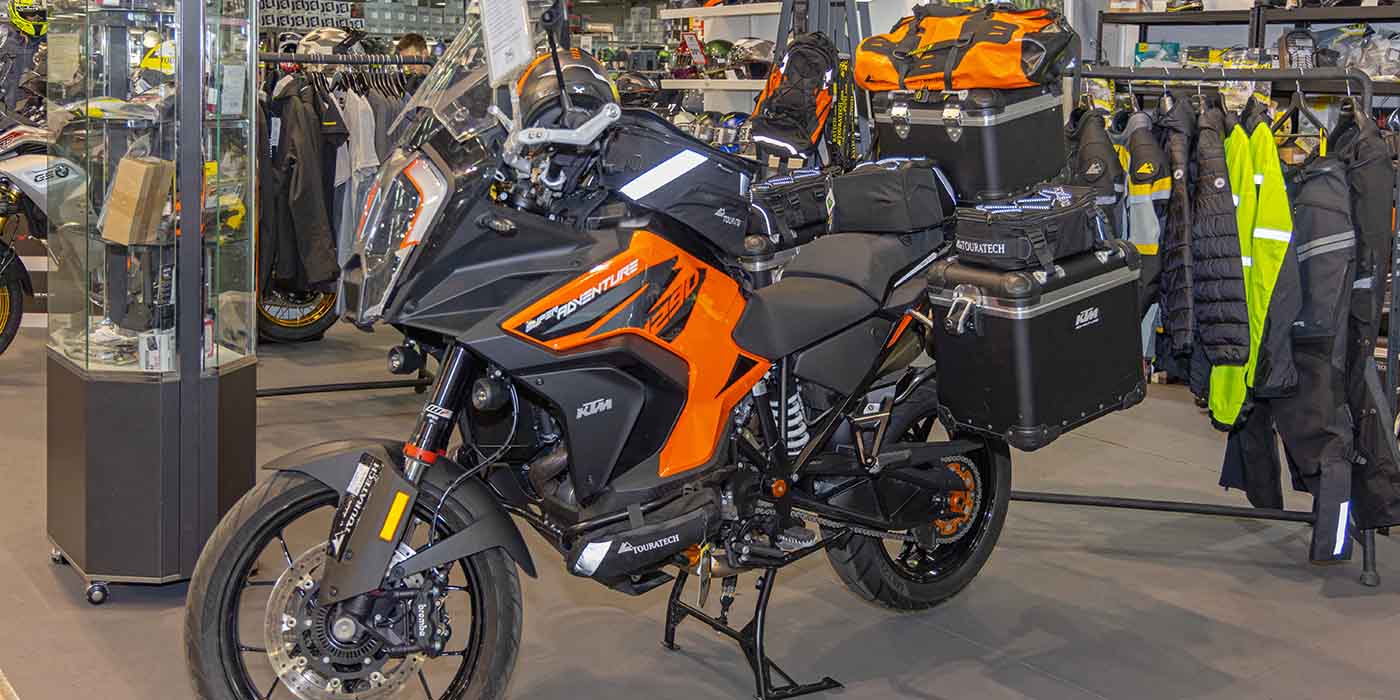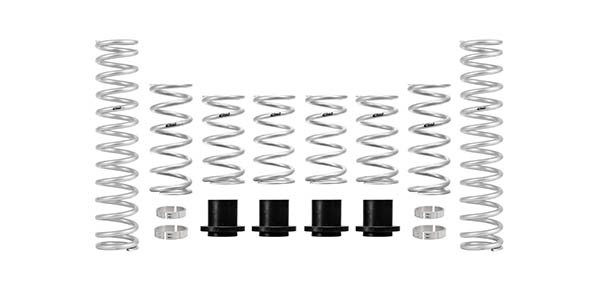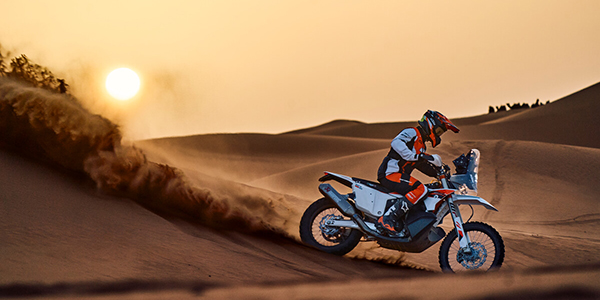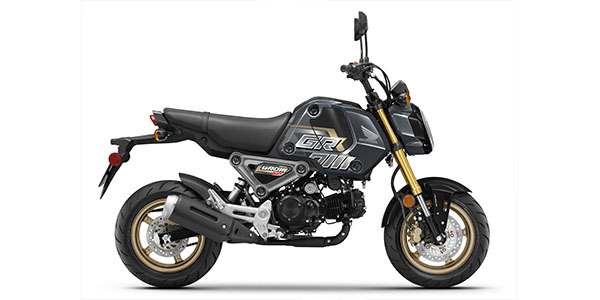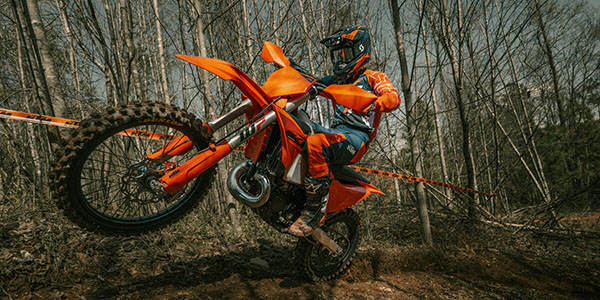If there was something the pandemic proved, it was that families crave activities they can do together — and they discovered that off-roading is one of those.
“Youth off-roading in general has been on the rise over the last three years as families have looked for ways to experience the outdoors together and to give their children experiences that get them away from a screen as well as build their confidence in a new skill,” David Elia, product planning director at Polaris Industries, shares.
Youth off-road vehicles come in all varieties, from pit and dirt bikes to ATVs and UTVs — with varying sizes to match different age ranges. There are few things more exciting — or terrifying — than a child on wheels, so your job is to make sure you match those children with the right vehicles for their ages, sizes and skill levels. However, unlike your typically powersports purchase, the end user is not the person you’ll be selling to. Parental preferences will direct most of the conversation, from what type of vehicle they want to which safety features it possesses.
Wanting to Be Like Mom and Dad
In general, youth powersport models are designed for children around ages six to 16, after which they graduate to higher displacement and adult-sized machines. When parents come shopping for a youth vehicle, they come with predisposed preferences for two or four wheels. And while Team Bike families don’t usually cross over into Team Quad territory (and vice versa), if you can sell your customers on a certain brand, you can keep them coming back again and again as the child outgrows each vehicle or new children come along needing these big toys.
According to Brock Harden, marketing manager for Kayo USA, sales at his company favor quads more than bikes for youngsters, and beyond that, regional demographics also play a role in what type of quad gets the sale. For instance, sport UTVs are more popular on the West Coast; with an abundance of deserts available, families enjoy recreational riding. For children, these are bare-bones side-by-sides do not come with racks or accessories. However, Elia notes that off-roading is a shared experience, which is why some OEMs are offering youth side-by-side models that carry multiple passengers.
On the East Coast, however, many sales are for youth utility UTVs. “The kids want to be like their parents and have a utility quad with racks that they can carry stuff and tow hitches where they can pull small trailers,” Harden notes.
Related: How to Market Youth Powersport Vehicles
It’s that quality of wanting to be like mom or dad that makes kids so cute, but sometimes it’s the parents who want their children to match the family aesthetic. From gear to vehicle accessories, parents are the ones looking to make their kids’ vehicles little carbon copies of their own. While commonly purchased youth vehicle accessories include wheels, tires, roofs and bumpers as more practical additions, other parents may opt to put in larger carburetors to increase the overall top speed and performance of the bike. However, one of the best opportunities you have to sell customization is with graphics kits.
“A lot of families want to make their child’s bike look like the big bikes in the garage. So if their dad has a certain color scheme or a certain graphic kit, they typically transfer that down to the kid almost to give them a team presence when they go places,” Harden explains.
It’s Electric
Just as there’s been a huge boom in electric vehicles for adults, so too has there been with youth vehicles, and it’s been a much easier transition. After all, on a technical level, electric power suits these small vehicles very well.
“The youth segment is easier to go electric just because the overall weight of the vehicle and the speed that they’re traveling at is not that high,” Harden explains. “So with that, you’re able to produce a really small battery pack, and the range is pretty significant on them. For adults, as the weight of the vehicle and the speeds go up, the range drops significantly. So to build a power pack that’s sufficient enough, it gets quite expensive, and in a lot of cases, you’re just not able to cram the kilowatt energy hour into the unit. On a motorcycle, you’re limited with space, so adding a large battery … is difficult and expensive.”
However, there are some additional benefits to having youth vehicles go electric. First off, these vehicles aren’t as noisy. Not only do they prevent children from suffering hearing damage, but the lower noise levels also offer kids opportunities to ride in areas that might otherwise prevent gas vehicles due to noise restrictions or practicality (such as around skittish farm animals). In addition, the lack of exhaust keeps children breathing that fresh, outdoor air that parents crave for them. Finally, it’s much easier for a child to just pop the vehicle out of the charger and start riding rather than waiting for mom or dad to fill the tank with gas.
“Electric technology has been a great best option for youth vehicles, as it is quieter, has no exhaust and requires less maintenance than a traditional off-road vehicle. When we think about EV in our adult vehicle lineup, our customers expect a certain level of performance and capability when it comes to off-road vehicles, so our focus has been engineering a vehicle that uses electric technology and meets — and even exceeds — customers’ expectations,” Elia notes. The only expectation kids have is to have fun riding these vehicles. Power, after all, is likely to be determined by the parents to keep them safe.
Safety
Safety and technology are the major focuses OEMs put on designing youth vehicles. Doing so ensures that parents have peace of mind while kids gain confidence in expanding their skill sets. There are all sorts of different safety measures available, and they differ by brand, so be sure to read up on the various offerings, so that you can be ready when parents come in looking for specific features. Some of the safety technologies youth vehicles employ include:
- Remote kill switches: If the child rides where a parent doesn’t want him or her to, the parent can shut the vehicle off remotely.
- Tethered kill switches: If the child gets disconnected from the vehicle to which he or she is attached, the vehicle shuts off.
- Speed limiters and modes: Parents can limit how much throttle is put into a vehicle or assign a certain speed mode that the child cannot change until both agree that he or she is ready to try the next one up.
- Geofencing: Parents can set up riding boundaries from their phones.
- Helmet-aware technology: A vehicle will not start if it senses the child is not wearing a helmet.
In addition, check to see if vehicles are certified by the Consumer Product Safety Commission (CPSC) for the appropriate ages.
“Safety features are the biggest features/items to highlight to parents. Parents are looking for ways to introduce their kids into off-roading, but it’s imperative to understand how their child will be safe while learning this new skill,” Elia states.
Another aspect to safety is knowing which size vehicle is appropriate for the child. “[Sales managers] really need to understand how old the child is and what size that child is,” Harden stresses. “That way, they can make the appropriate recommendations for which models they could get on.”
Not only are age and stature a factor, but experience is as well. If a child has more advanced riding skills for his or her age, emphasize to the parents that a larger model may suit that child better. If you can match a top-quality product with this sort of positive customer experience, you’ll not only build a lasting relationship with the family for the brand(s) but even the dealership.
“The youth market is a great opportunity to build relationships with families and loyalty for not only dealers but brands in years to come. It’s important in the selling process to be mindful that the right customer gets in the right vehicle for their child and their current skill set,” Elia concludes.

